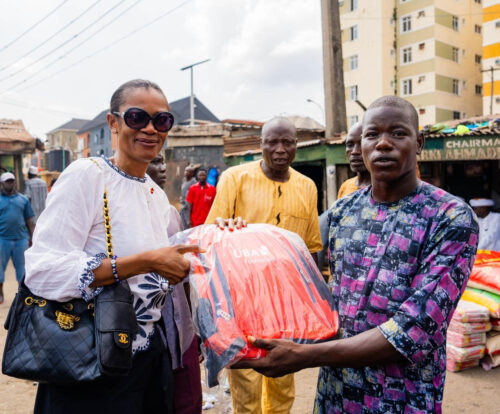- /home/porsch10/public_html/wp-content/plugins/mvp-social-buttons/mvp-social-buttons.php on line 27
https://porscheclassy.com/wp-content/uploads/2016/11/image001-5-e1479124090327.jpg&description=UBA Wins Best CSR Company In West Africa', 'pinterestShare', 'width=750,height=350'); return false;" title="Pin This Post">
- Share
- Tweet /home/porsch10/public_html/wp-content/plugins/mvp-social-buttons/mvp-social-buttons.php on line 69
https://porscheclassy.com/wp-content/uploads/2016/11/image001-5-e1479124090327.jpg&description=UBA Wins Best CSR Company In West Africa', 'pinterestShare', 'width=750,height=350'); return false;" title="Pin This Post">
-

 BIG STORY4 days ago
BIG STORY4 days agoPressure Mounts on Omooba Abimbola Onabanjo To Step Down But He Refuses As Political Plot To Capture Awujale Stool Falters
-

 BIG STORY4 days ago
BIG STORY4 days agoFather Of Man Who Killed Mother, Six Children Wants Him Killed Without Trial
-
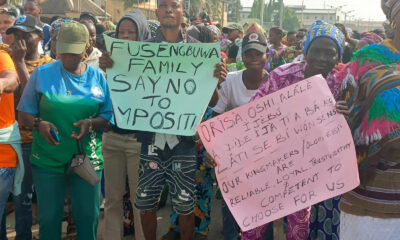
 BIG STORY3 days ago
BIG STORY3 days agoAwujale Stool: Protest Rocks Ijebu Ode Over Imposition Plot
-

 NEWS5 days ago
NEWS5 days agoSuccession Tension In Ijebu Land As Alleged Smear Campaign Targets Omooba Abimbola Onabanjo
-

 BIG STORY4 days ago
BIG STORY4 days agoICPC To Arraign Ozekhome Monday Over UK Property As Immigration Provides More Forgery Evidence
-
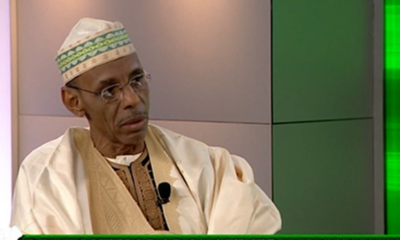
 BIG STORY5 days ago
BIG STORY5 days agoADC Will Bleed After Convention, Mass Exit Likely To Happen If Atiku Emerges Flagbearer —- Hakeem Baba-Ahmed
-
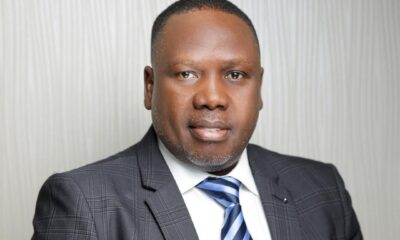
 BIG STORY3 days ago
BIG STORY3 days agoFubara Is APC Leader In Rivers, Wike Has Been Compensated —– Bwala
-
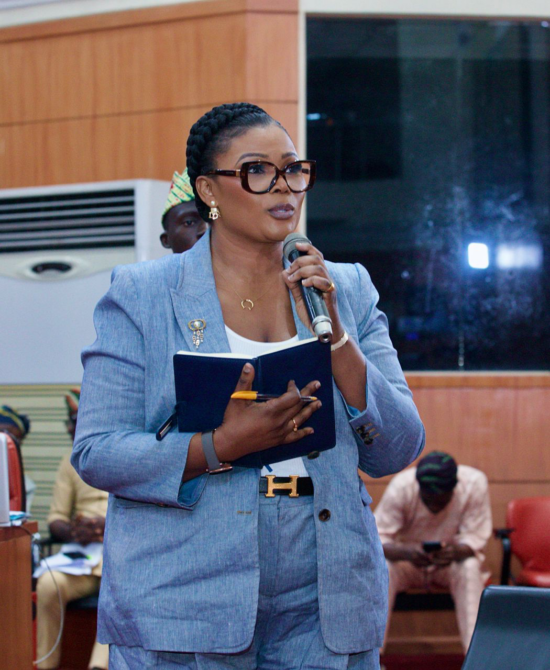
 NEWS3 days ago
NEWS3 days agoLagos Assembly Steps Down LASPA GM Nominee, Confirms Others



















